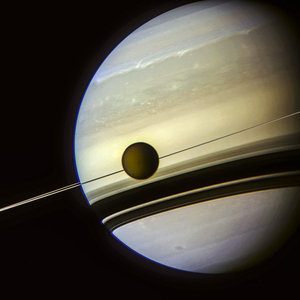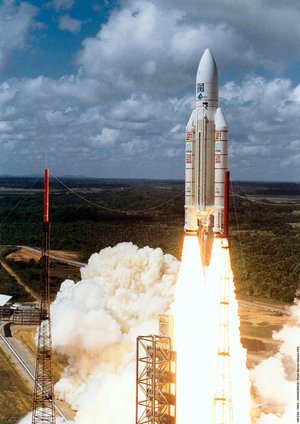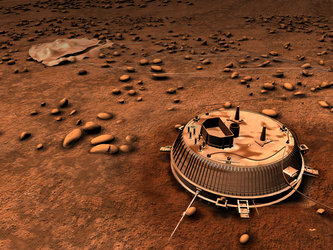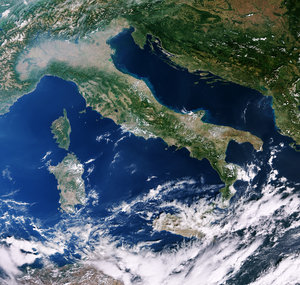"Earth calling Huygens": An interview with Miguel Perez Ayucar
When the Huygens probe leaves the Cassini orbiter to touchdown on Titan, it may be one of the shortest space missions ever, but Miguel Pérez Ayúcar has high hopes for its results.
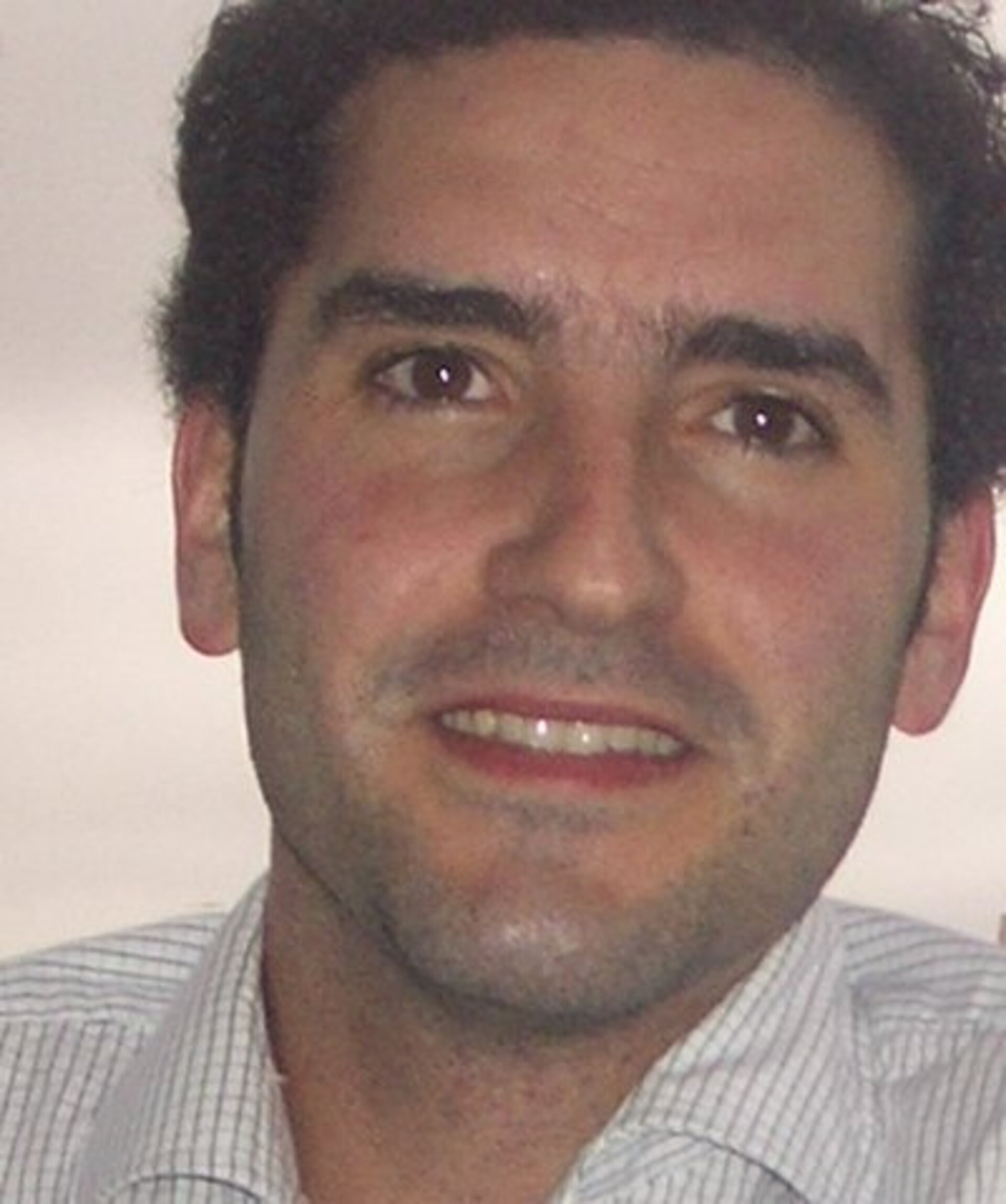
Miguel Pérez Ayúcar
Science Operations Engineer, ESA Cassini-Huygens mission
Born: 29 March 1977 in Pamplona, Spain
At 27 years old, Miguel is an engineer on the science operations team of the NASA/ESA/ASI Cassini-Huygens mission.
He is working to ensure that the Huygens probe delivers as much data as possible from its intense two-and-a-half-hour ride through Titan's atmosphere.
Miguel received his Telecommunication Engineering Degree from the Public University of Pamplona, Spain. His postgraduate studies in Spain led him to become a Satellite Communications specialist, and his first job was as a Satellite Analyst for Minisat-01, a Spanish scientific satellite.
He was working as a satellite consultant for the Spanish Ministry of Defence in Madrid, when his ideal job came up at ESA, since working in space exploration had long been his dream.
Miguel is single and lives in Leiden, The Netherlands. As well as playing football and tennis, Miguel likes to travel and to go out with friends.
The most fascinating thing about the mission is that Huygens could even find the basic building blocks of life there.
ESA: What is your role on the Huygens mission?
Miguel Pérez
I am in charge of working on the telecommunications part of the mission, so it is my job to ensure that all the data gathered from the instruments on board Huygens are successfully transmitted back to Earth.
In normal missions, the Science Operations team is responsible for the day-to-day planning of the scientific observations. However, Huygens is a very special mission, because there is only one observation slot, the descent into Titan, which lasts only two and a half hours! We also do the regular probe check-outs for planning the maintenance of the instruments in transit.
ESA: What sort of issues are you dealing with?
Miguel Pérez
For the last 18 months, we have been refining the telecommunications so that we can be sure the data will be successfully transmitted. One of our problems is the ‘Doppler’ effect (the same effect which causes the sound of a police car siren to change as it speeds past).
Many things could be done to help us minimise the Doppler effect if we had the spacecraft here with us, but since it is already in space, it is very difficult to make adjustments. All we can really do is change the trajectory or change the software.
We use an engineering model of Huygens here to test that our modifications will work. For example, we recently warmed up our model probe by switching it on four hours before its simulated mission started, since this pre-heating improves the telecommunications. We will be refining our analyses of Huygens right up until the last minute.
The exciting thing is that we don’t know what the sensors will find once they get to Titan, we can only anticipate
ESA: What do you find fascinating about Saturn and its largest moon, Titan?
Miguel Pérez
When I was a child, I was fascinated by the stars, and when I got my first telescope, I remember seeing Saturn’s rings, which was incredible.
Huygens (the first probe to land on a world in the outer Solar System) will be doing unique observations of the moon Titan, and could even find the basic building blocks of life there – for me, that is the most fascinating thing about the mission.
ESA: What do you like about your job?
Miguel Pérez
I always wanted to focus on space technology and space exploration, so when this position at ESA came up, it seemed so interesting, it was perfect for me.
The main thing that intrigues me about the job is simulating the relay of data. The exciting thing is that we don’t know what the sensors will find once they get to Titan, we can only anticipate what they will be measuring.
It is difficult to change your life so drastically, but worth it.
ESA: What does it feel like to be a young person with such responsibility at ESA?
Miguel Pérez
It is very good to be working here, as I am learning a lot from all the experts. But, at the same time, I don’t feel out of place because there are many young people here, and I have made some very good friends. I would like to stay here as long as I can, so that one day I can become an expert myself!
ESA: What advice would you give to other young people who wanted to work in this field?
Miguel Pérez
Of course, they have to study hard to work in this field, but if they really like it, they will enjoy the studying! Many young people are scared of going abroad to work, and it is difficult to change your life so drastically. But it was worth it for me, so I would tell them to take a risk and come!


